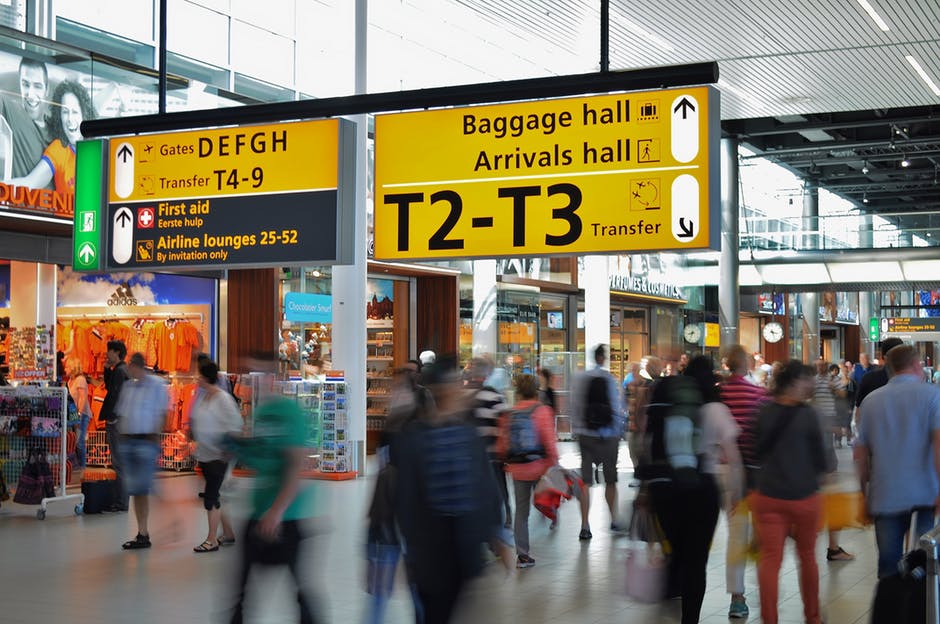
FALLS CHURCH, Va. — Nurimaro Park, 26, is one of about 800,000 people who had benefited from an Obama-era program that extended protections to immigrants brought illegally to the U.S. as children.
While he knew the significance of the protection he received under the Deferred Action for Childhood Arrivals, he had one problem: he didn’t have the money to pay the $495 registration fee required to renew his participation in the program for two more years.
Park worked as a private tutor, and money was tight in the late spring and summer months when school was out. He figured he could re-enrol at the end of the year — the rules of the program allowed people to renew lapsed registrations as long as a full year hadn’t passed.
In September, though, Attorney General Jeff Sessions announced the Trump administration is phasing out the program. Those who were enrolled in the program would be eligible to file for one last two-year extension if their registration was close to expiring.
But those like Park, whose registration had lapsed, were barred from renewing.
“I had planned to (renew) it but Trump did not give me enough notice,” Park said at a news conference Tuesday.
Now Park and a 19-year-old Salvadoran immigrant, Jonathan Alvarenga Recinos, have filed a lawsuit in federal court in Alexandria seeking the right to apply for one more two-year extension under the DACA program.
Simon Sandoval-Moshenberg with the Falls Church-based Legal Aid Justice Center, which filed the lawsuit on the men’s behalf, said there have been several lawsuits challenging the decision to end the DACA program, but this is the first focused on the 50,000 people whose registration had lapsed but were still eligible to renew it.
“This is completely unfair,” Sandoval-Moshenberg said. “The government has to give people fair notice that they’re going to change the rules.”
Steve Blando, a spokesman for U.S. Citizenship and Immigration Services, which administers the DACA program, declined to comment on the lawsuit, but confirmed the estimate that about 50,000 of the 800,000 who had ever registered for DACA had filed to renew their status by the time the Trump administration announced plans to phase out the program.
Sandoval-Moshenberg said he recognizes that the lawsuit, if successful, gives only a temporary reprieve to those affected but he said an additional two years of protected status can be important for those who receive it. They can earn money legally, possibly develop skills that would allow them to stay on a work visa, or maybe find another way to stay, possibly through marriage.
Park, who came to the U.S. from South Korea when he was 9, said northern Virginia is the only place he knows at this point. He admitted that he was scared that filing a lawsuit and speaking out at a press conference might put a target on his back for immigration enforcement, but said he felt compelled to speak up.
“I’m tired of telling myself I can’t do what my peers around me are doing,” he said. “I’m tired of postponing my right to the pursuit of life, liberty and the pursuit of happiness.”
Congress has been considering legislation that would put DACA protections in federal law, but Park said he’s worried that the pace of progress is too slow.
“If I get deported there’s no coming back,” he said. “(Members of Congress) don’t feel the urgency that people in my position feel.”